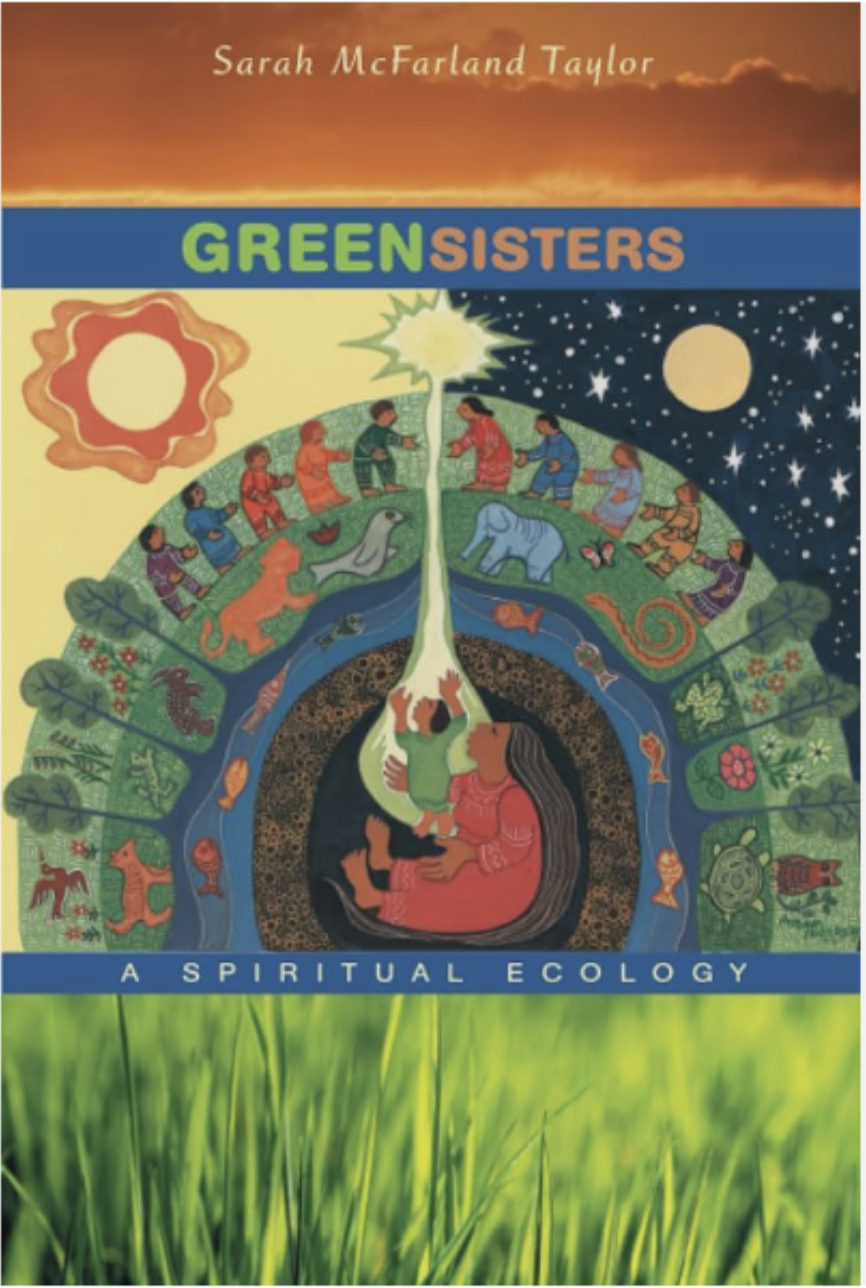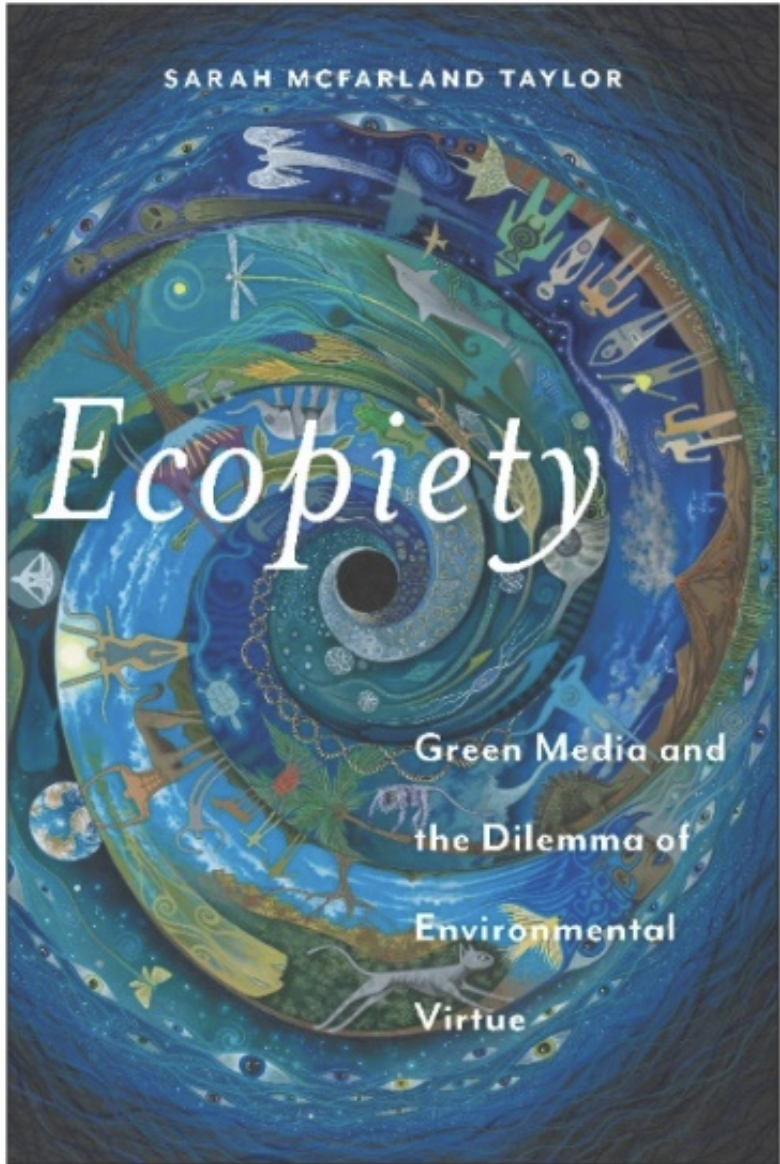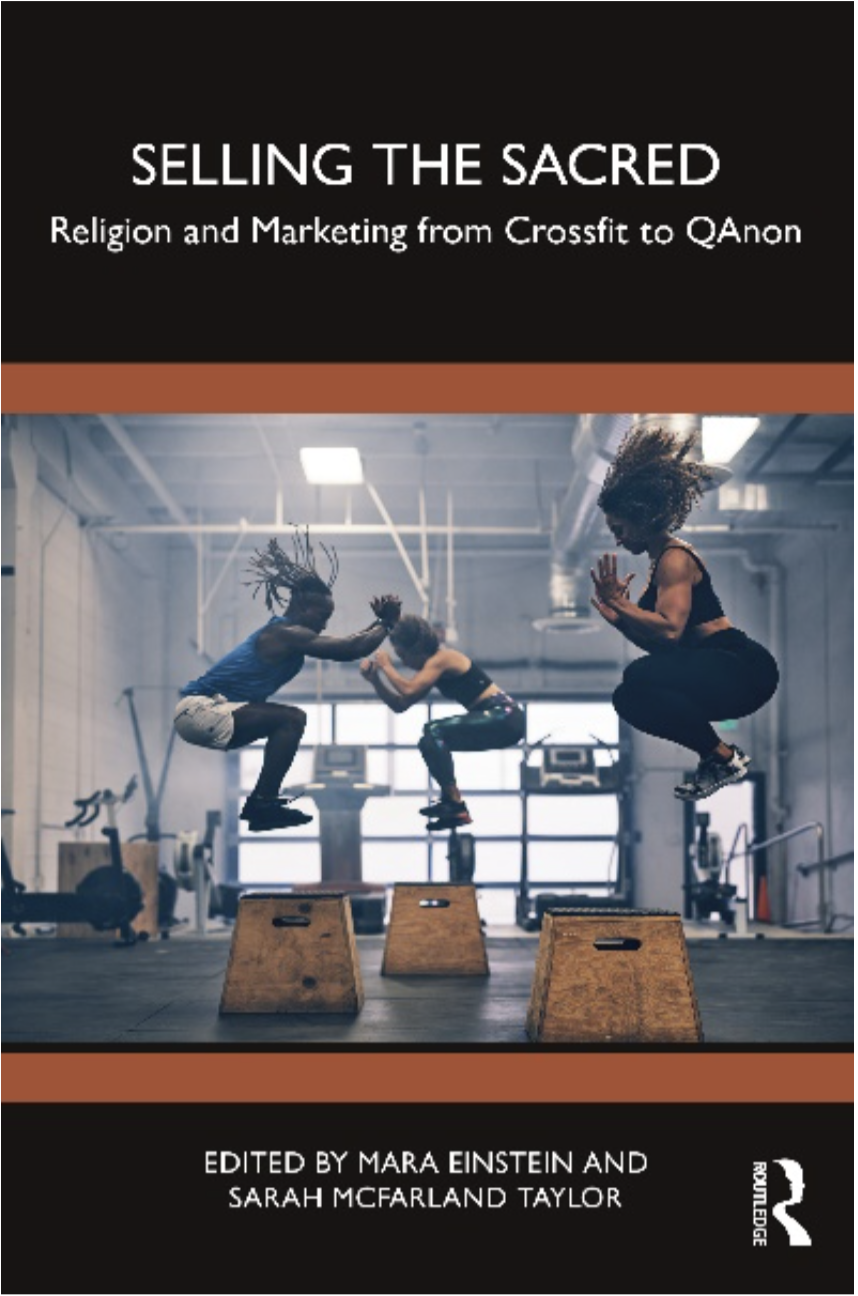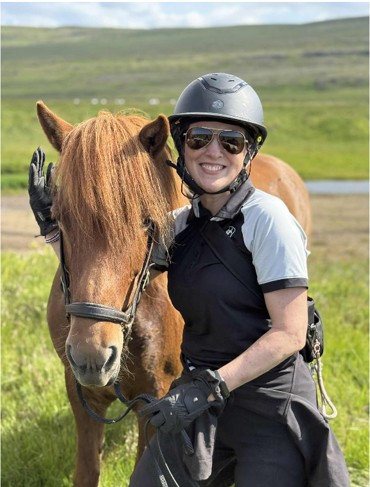Sarah McFarland Taylor
Professor of Religious Studies, Director of Undergraduate Studies

- sarah@northwestern.edu
- Office Hours: Tuesday “Tea with Dr. T” in Kresge Café from 2:30 to 4PM, and by appointment
Dr. Taylor thanks you for your interest but is not accepting graduate applicants for the 2026-2027 year.
Sarah McFarland Taylor is Full Professor of Religious Studies, specializing in the intersections of media, religion, culture, consumerism, climate change, and conservation/nature/environment. Taylor also teaches in Northwestern’s Program in Environmental Policy and Culture and in the American Studies Program. She holds a courtesy appointment in the Screen Cultures Program in the School of Communication. Taylor has earned a Bachelor's degree from Brown University, a Master's degree from Dartmouth College, and a doctorate in Religion and American Culture, with emphasis in the study of religion and environment, from the University of California, Santa Barbara. She earned an additional advanced degree in Media History, Philosophy, and Criticism from the Graduate School of Media Studies at The New School for Public Engagement.
Taylor has held an Andrew W. Mellon Foundation Postdoctoral Fellowship, a Louisville Institute Fellowship, a Rockefeller Foundation Humanities Fellowship, a Wabash Center Fellowship, a Woodrow Wilson National Fellowship Foundation Career Enhancement Fellowship, and was selected as one of the Indiana University Center for the Study of Religion and American Culture's "Young Scholars in American Religion." She has received a Joseph H. Fichter Award for the study of Women and Religion, the Albert C. Clark Prize for her work on African American religions, and a research award from the Society for the Scientific Study of Religion. She has held the position of Senior Research Fellow at the Martin Marty Center Institute for the Advanced Study of Religion at the University of Chicago and was awarded an Individual Research Grant from the American Academy of Religion for her archival work on environmental themes and moral engagement in 1970s television.
Taylor’s first book, Green Sisters: A Spiritual Ecology (Harvard University Press, 2007, 2008), is the winner of the Catholic Press Association's First Prize for Best Book on Gender Issues and also the Association's First Prize for Best Book on Social Concerns. Green Sisters documents the growing movement of environmentally activist Roman Catholic religious sisters in North America. In this book, Taylor challenges received notions of "liberal" and "conservative" in American Catholic historiography and offers a new understanding of how tradition itself works. Taylor crafted Green Sisters as both historical anthropology and anthropological history, specifically exploring in her work the development of the methodology of historical ethnography in American religious studies.

Taylor’s second book, Ecopiety: Green Media and the Dilemma of Environmental Virtue (published by NYU Press in 2019) is the winner of the IRIS book award for outstanding work offering new insights into the meaning of being human in relation to science, religion, and nature. The award is conferred by IU’s Center for Religion and the Human, whose mission is to foster collaborative explorations and scholarship around topics associated with what it means to be human in a world undergoing increasingly rapid social, cultural, and political change.
Ecopiety analyzes diverse representations of environmental moral engagement in contemporary mediated popular culture. Taylor identifies and explores intertwining, co-constitutive, yet contrary, stories of what she terms “ecopiety” and “consumopiety” as they flow across multiple media platforms. How these stories compete and conflict, vying for space as contested narratives in the public imagination constitutes a central inquiry of the book. Drawing together theoretical insights from cultural studies, media studies, environmental humanities, and religious studies, Taylor offers a critical reading of primary source data drawn from such areas as the marketing of green consumer products, “greenwashed” corporate advertising, environmental mobile device applications, eco-themed reality television, the marketing of eco-funerals, Internet sharing of environmental tattoos, “green” fashion guides, and the media strategies of green hip-hop activism. Taylor makes the case that a detailed, multi-channel, cross-platform approach to cultural analysis is critical to understanding the kind of important “work” taking place as mediated popular culture plays an integral role in framing American environmental moral sensibilities. Ecopiety delves into the complex and contested processes of remaking our world and rescripting the future in the digital age—a time when storytelling processes themselves are shaping and being shaped by new media outlets and digital sharing technologies.
Taylor is the co-editor of two ground-breaking books. The first, co-edited with Eric Mazur, Religion and Outer Space (Routledge, 2023), examines religion in and on the final frontier. This book offers a first-of-its-kind roadmap for thinking about complex encounters of religion and outer space. A multidisciplinary group of scholarly experts takes up some of the most intriguing scientific, spiritual, trade/commercial, and even military dimensions of the complex entanglements of religion and outer space.

The second, co-edited with Mara Einstein, Selling the Sacred: Religion and Marketing from Crossfit to QAnon (Routledge 2024), explores the religio-cultural and media implications of a two-sided phenomenon: marketing religion as a product and marketing products as religion. This innovative volume examines the phenomenon of selling the sacred, providing a better understanding of how marketing tactics, married with religious content, influence our thinking and everyday lives. By examining religion and marketing broadly, this book offers engaging tools to recognize and unpack what gets sold as “sacred,” what’s at stake, and the consequences.

Taylor serves or has served on the editorial boards for the Journal of the American Academy of Religion; the Journal of the International Society for the Study of Religion, Nature, and Culture; Worldviews: Journal of Religions, Culture and Ecology; and The Popular Culture Studies Journal. She has served as both national co-chair of the “Religion and Ecology” section of the American Academy of Religion (AAR) and chair of the "Religion, Ecology, and Culture" section of the Midwest region of the AAR. She has chaired the AAR's “Religion and Popular Culture” program unit at the national level and the AAR’s “Religion, Media, and Culture” program unit. She is the founder and chair of the joint Midwest Popular Culture Association and American Culture Association’s “Nature, Environment, and Climate” research area. While serving as Regionally Elected Director for the AAR’s Midwest region and a member of the AAR’s national Board of Directors, Taylor directed the AAR’s Sustainability Task Force, a group that works to reduce the Academy’s ecological “footprint.”
Referred to by students simply as “Dr. T.,” Professor Taylor’s courses in the Religious Studies Department, in the Environmental Policy and Culture Program, and in the Program in American Studies at Northwestern, focus on aspects of American religion and culture and explore various understandings and framings of religion and spirituality as they relate to the natural environment, global climate change, civic moral engagement, media representations and practices, technology, contemporary consumerism, and complicated popular notions of human direction and planetary destiny. Some of Dr. T.’s more popular courses include the RS/EPC seminar, “Media, Earth, and Making a Difference,” her 200-level course, “Introduction to Religion, Media, and Culture,” and her seminar on “The Spirit of Horses,” which explores the cross-cultural evolution of the sacred human-horse bond over space and time, as represented in mythology, folklore, and media across a variety of religious cultures and traditions.
Fields of Specialization
Media, Religion, and Culture
Religion, Environment, and Climate Change
Religion and American Culture
Religion and Marketing
Religion and Equine Studies

Dr. T teaches about the sacred horse culture of Iceland
